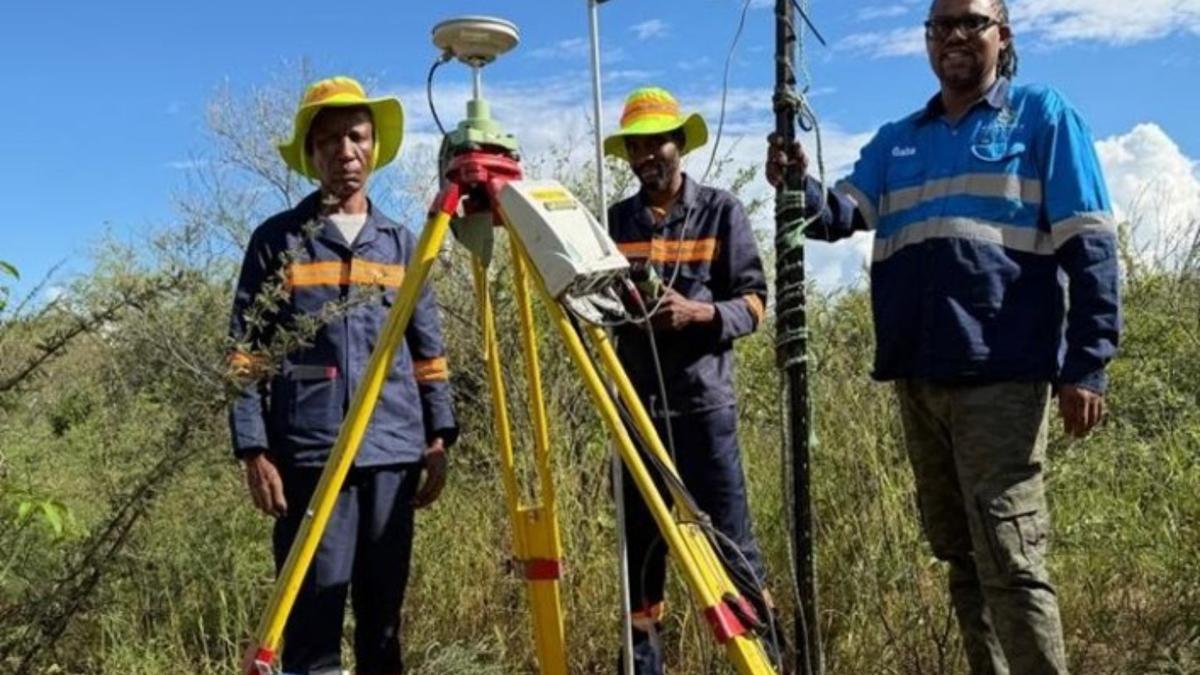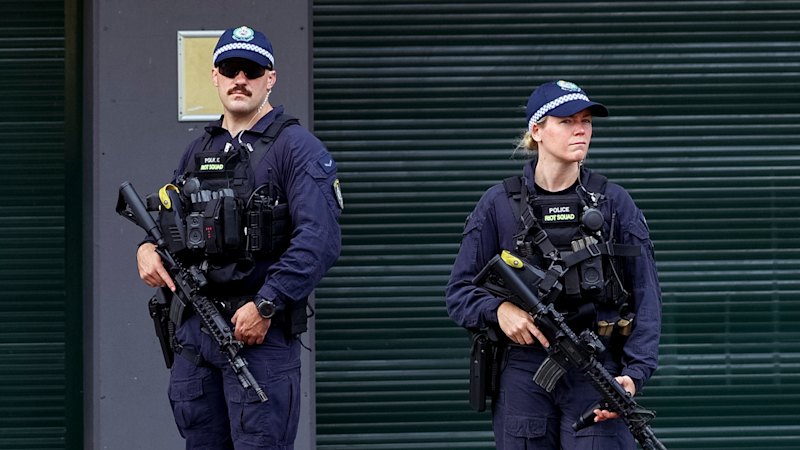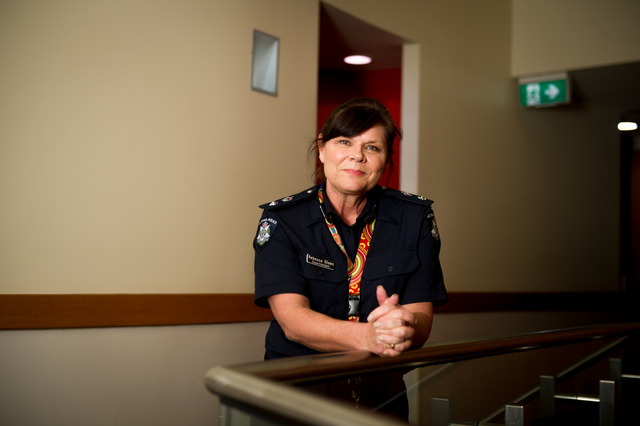
Residents in Gympie, Queensland, are facing significant challenges due to a growing population of flying foxes, prompting the Gympie Regional Council to explore a potential property buyback scheme. The large colony of bats has reportedly led to increased noise, health concerns, and extensive property damage, leaving homeowners feeling as though their investments have been devalued to “basically zero.”
In recent years, the number of bats near Commissioners Gully has surged, causing distress among local residents. Christopher Nevin, a homeowner in the area, acknowledged that he and his partner were aware of the bat population when they purchased their property, but the situation has escalated. “It’s mostly just noise and droppings that are the biggest issue,” Nevin stated. He expressed concerns about potential health risks and reported having to dispose of three dead bats found in his yard.
The impact on the community has been profound. Nevin described damage to his home and fence caused by falling branches, which he attributes to the bats’ presence. He advocates for the council to take action by removing dead trees and transforming the area into a park to improve living conditions.
Glen Hartwig, the Mayor of Gympie, has voiced strong support for the buyback scheme and called on state and federal governments to provide financial assistance to affected residents. “It’s a problem we’ve been dealing with for a number of years,” Hartwig noted. He emphasized the need for legislative changes to alleviate the residents’ suffering, stating, “The residents were there first and the bats have moved in, creating a circumstance for them where their mental health is suffering.”
Hartwig underscored that the government’s responsibility includes compensating homeowners impacted by the bats. He remarked, “Their lives have been significantly impacted… their lives are more important than the bats.” The Mayor’s call for action reflects a growing frustration among locals who feel abandoned in the face of environmental regulations.
Flying foxes, including the grey-headed Flying-fox, are protected under the Nature Conservation Act in Queensland and at the federal level. Conservation groups argue that these bats play a crucial role in maintaining the health of native forests, acting as essential pollinators and seed dispersers. This protection complicates the council’s ability to manage the species effectively in urban areas.
Nevin expressed cautious optimism about the proposed buyback scheme but stressed the importance of a reasonable financial offer. “We have a mortgage; it would only be okay if we could pay off the entire mortgage and set ourselves up for a new place,” he said. The concern that any buyout would leave residents worse off financially adds another layer to the ongoing debate.
Local councils have some authority to manage flying fox populations in urban settings, including non-lethal methods like trimming tree branches or using sprinklers as deterrents. However, these measures may not sufficiently address the plight of homeowners who are dealing with the persistent challenges posed by the bats.
As the Gympie Regional Council moves forward with discussions regarding potential solutions, the future of affected residents remains uncertain. The call for assistance from higher levels of government highlights the intersection of wildlife conservation and community well-being, raising important questions about property rights, environmental protection, and public health.







